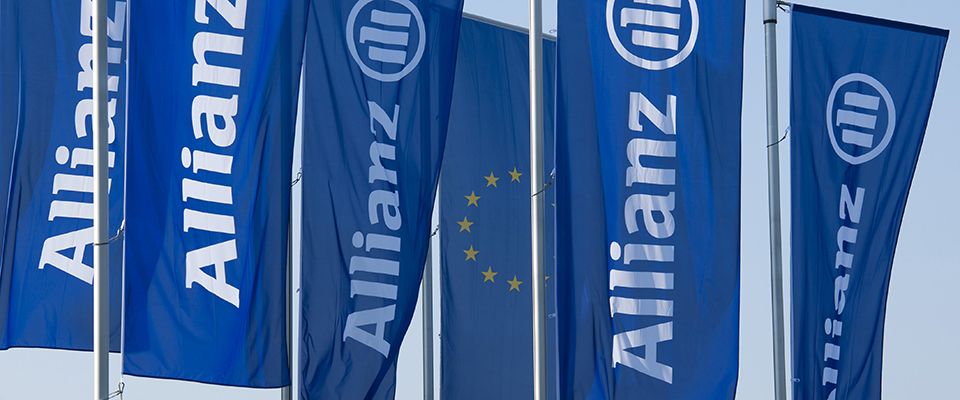The Climate Engagement with Outcome approach aims to engage with companies on the climate transition pathway towards a low carbon economy. Fund managers will actively engage with the top 10 absolute carbon emitters (scope 1 and 2) within their portfolio as a proxy for climate impact. The top 10 emitters in each fund are chosen irrespective of their sector, allowing climate impact to be addressed at a fund level. The supporting analysis is based on a “Best Practices Sector Specific Engagement Map”, which analyses the company in the context of its sector and sets engagements based on their peer comparison and what this sector should achieve going forward. Examples of engagement targets include greenhouse gas emissions reduction targets or board level remuneration targets linked to climate change. If the issuer does not respond to requests or does not show an improvement effort in their climate pathway, divestment will be considered in the escalation process.
Matt Christensen, Global Head of Sustainable and Impact Investing at Allianz Global Investors, comments: “Climate change is one of our planet’s most pressing challenges, and AllianzGI believes that asset managers should take a more active role in shaping the future. The Climate Engagement with Outcome approach represents further development in our proactive stewardship approach. Given our experience from engagement with companies so far, we are confident that companies are open to this dialogue and will share these views.
“The COVID-19 crisis has renewed the focus both on climate change and social factors. Many policymakers and investors are viewing the crisis as a wake-up call that accelerates the need for sustainable investing. The increased demand for sustainable funds is a trend we have seen across the globe and we want to offer our clients sustainable products that are based on their preferred outcomes.”
Nineteen funds will join the wide range of AllianzGI SRI funds using a Best-in-Class approach. The AllianzGI SRI approach aims to build sustainable portfolios using assessment of ESG practices and values in the investment analysis and portfolio construction processes in order to deliver sustainable financial returns potential alongside positive environmental and social outcomes. Under the best-in-class approach, portfolio construction is geared towards companies with superior ESG credentials compared with their peers. Allianz Global Investors’ SRI approach uses proprietary ESG analysis that has been in place since 2002 and which has evolved as new information has become available and new types of issues have emerged. The SRI methodology is reviewed annually, and the central SRI database is updated continuously to ensure that analysis integrates all newly available information. Reporting to clients will be adapted to reflect the new strategy (to be confirmed).
Allianz Global Investors is a global pioneer of sustainable investing with ESG credentials that date back two decades. It aims to provide a range of sustainable investing approaches that support clients in managing risk, addressing real-world problems and generating returns from these investments: sustainably managed assets across the categories Integrated ESG, Sustainable, SDG-aligned and Impact investing have reached 206 billion euros at the end of December 2020.
* AllianzGI’s Sustainable Minimum Exclusion list includes not only companies with links to controversial weapons, but also companies that demonstrate severe controversies with respect to the United Nations Global Compact, as well as companies that earn a significant share of revenues from coal and tobacco or weapons. A total of around 900 companies are now being excluded on a global basis, of which some 130 are based in developed Europe (including the UK).
Details on the exclusion criteria can be found online at: https://lu.allianzgi.com/en-gb/pro/sustainable-investing/sri-exclusion-policy



